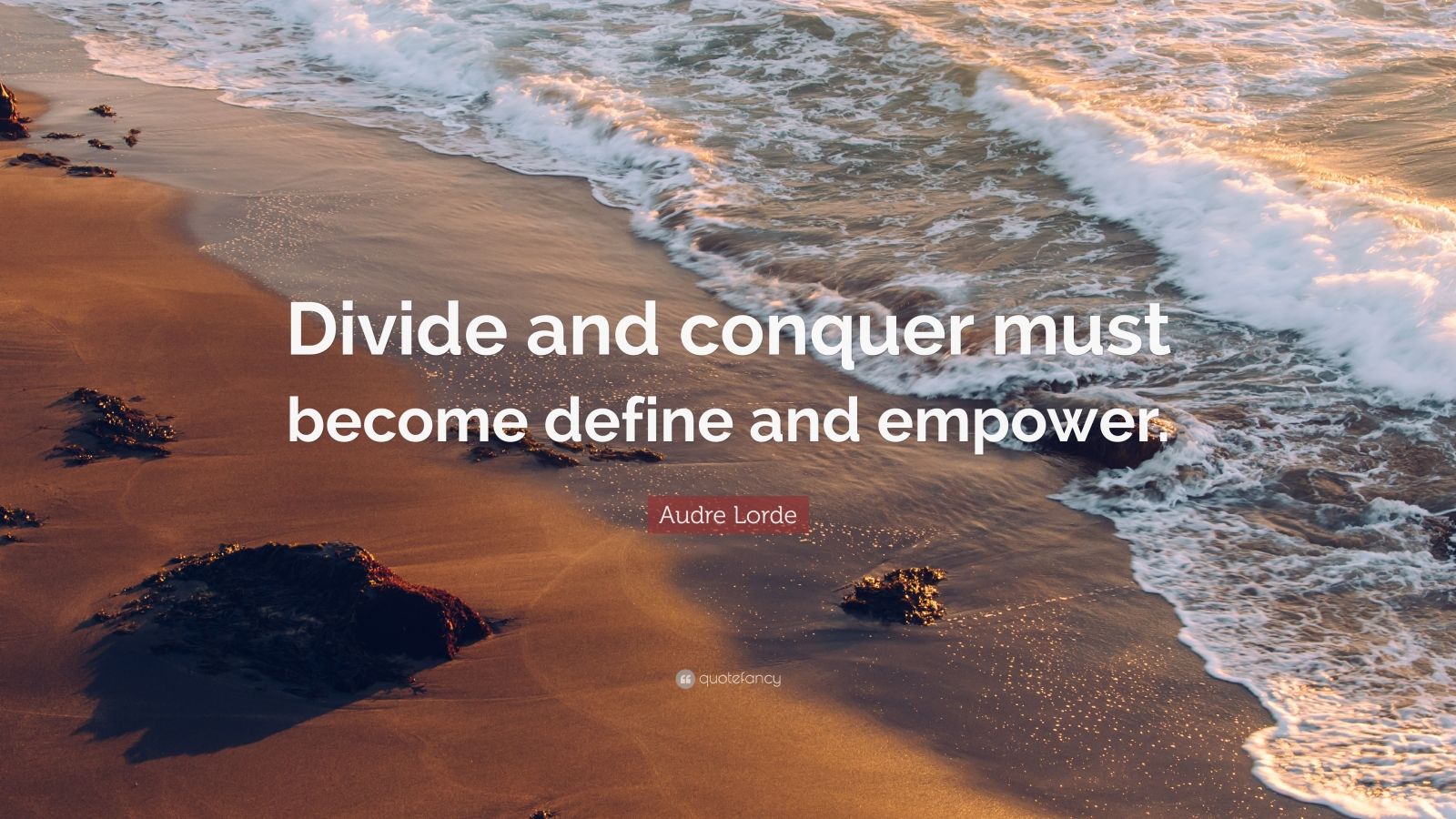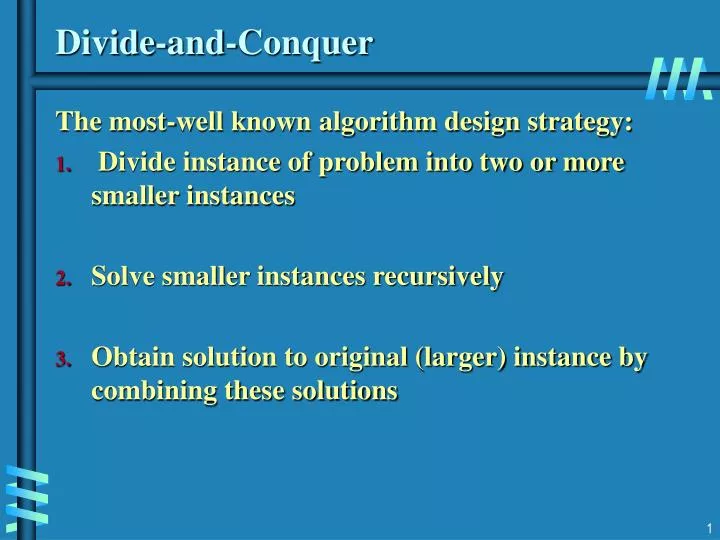

Recognizing our shared interests is ultimately the tactical response that will defeat racism, partisanship and the other tactics of an increasingly hostile elite. I think solidarity, though, isn't about flipping the power dynamic between various competing groups of working people, but rather a realization of community and common cause. In this moment, there have been many calls for White people to find solidarity with people of color - and I would echo them. Too often the left has fed into this strategy by reinforcing partisan messages and further strengthening this tactic of division. The elite's solution is to divide people against their own shared interests. People want to tax the wealthy elite and pay for public education, expanded access to health care, housing, living wages, and other basic human rights. Why would anyone want to spread "bitter nastiness and partisanship?" The answer is rather straightforward: Because their ideas were and continue to be hugely unpopular. Right-wing anti-government activist Grover Norquist in the early 2000s was repeatedly quoted talking about the need to spread "bitter nastiness and partisanship to state legislatures" across the country - having already succeeded in D.C. T he tactical nature of partisanship, which has increasingly merged with racism, is perhaps even more evident. Ian Haney López, a professor of public law at Berkeley, has argued for a more effective approach - backed by research - that directly tackles and reveals how racism is being used by the elite to harm all of us, making anti-racism a unifying countermeasure rather than simply joining the more righteous side of a race war. But ignoring the tactic that's being used to divide people allows it to fester unchallenged and spread. Black through "woke" arguments that reinforce racial essentialism by flipping on its head: White people are bad Black people are good.Īlternatively, they ignore racism and argue for a purely economic critique. Sure, those on the left see that racism is being used as a campaign tactic, but they are still far too ready to condemn poor and working-class White voters for falling victim to a racist strategy - mocking in crude and cruel terms the folks they should also be trying to help. While the right-wing of modern American politics often tactically fans the flames of racism, the left frequently fails to recognize the actual dynamic at play.

It does this by separating people who share a set of material interests in opposition to an elite. Let me be clear: Racism harms Black people and other people of color the greatest. This threat to elite, resource-hogging power actually began quite early in our nation's history, as did the elite's "solutions." These "solutions" have become so baked into our culture and politics that it can be easy to take them for granted rather than recognizing them as tools to maintain political power. But the expanded distribution of political power made the job of keeping it all for themselves a bit more complicated. M any in the elite - meaning the folks who already had all this stuff and more - didn't love the idea of having to share. The change was an expansion of self-rule that gave them the hypothetical power to give it to themselves. To be clear, people throughout time have generally wanted these basic human rights. Folks felt that they ought to make a living wage, have access to health care and be able to retire with the comfort of knowing they'd have a roof over their heads. They planted ideological seeds for universal enfranchisement but did not tend to them as faithfully as they ought.Īs the right to citizenship and the vote slowly expanded through a combination of self-interest and moral righteousness, new broad agreements began to spread among the electorate. Rather that there was a limit to the application of their idealism. I don't mean to suggest that all the Founding Fathers were merely power-hungry cynics (although some clearly were).


 0 kommentar(er)
0 kommentar(er)
